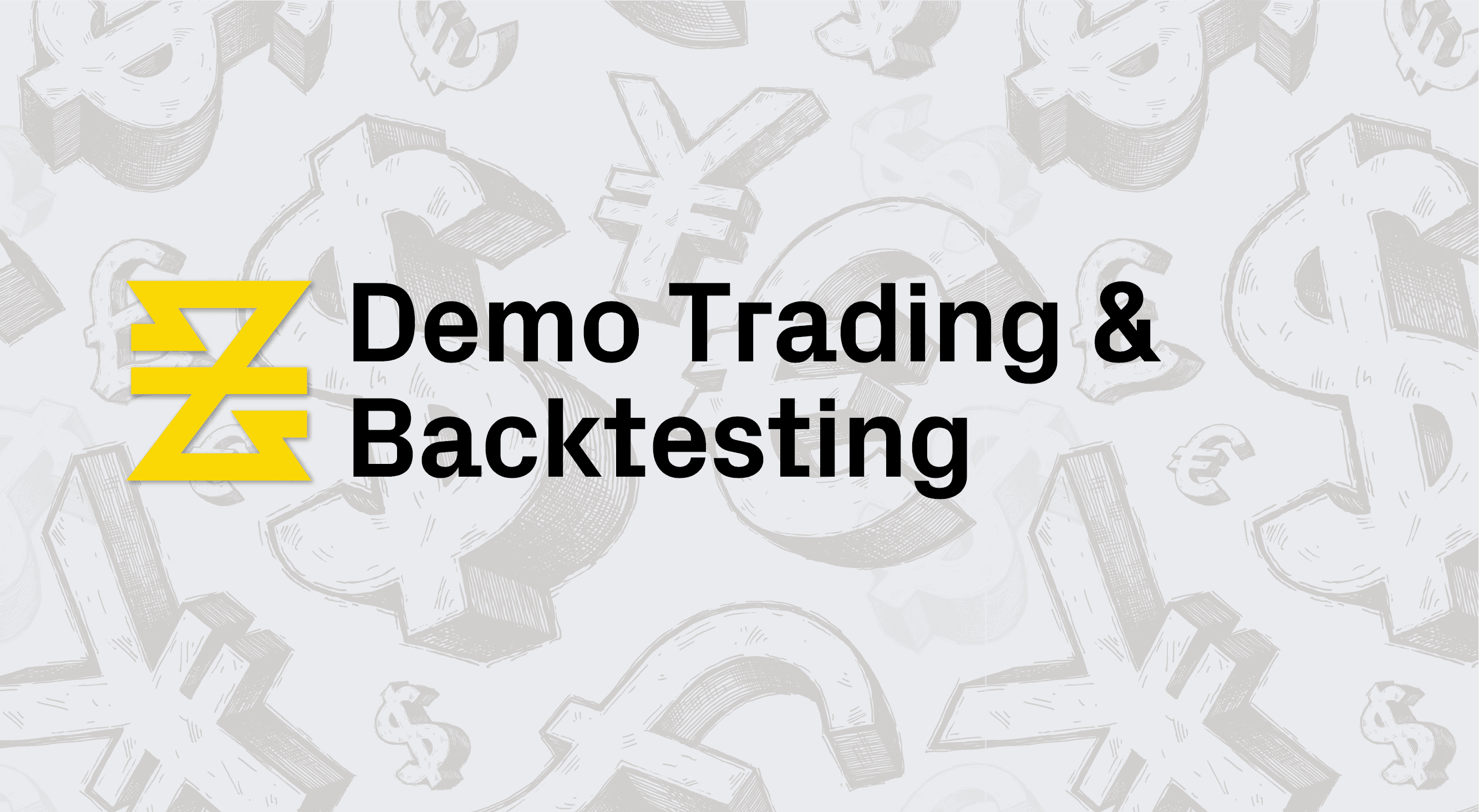- CFDs & Forex Trading | Regulated Online Trading
- About Us
- Trading
- Platforms
- Resources
- Partners
- Research
Search
×

CHAPTER 6 - LESSON 4
It’s highly recommended that you practice trading using a demo account. A demo account is a simulated trading account that allows you to trade using virtual funds.
Demo trading allows you to get familiar with the trading platform and to practice trading strategies with zero risk. It can also help you to identify any weaknesses in your trading strategy and to refine your approach to trading.
A forex trading demo account is an invaluable tool for beginners in the forex market. It allows new traders to practice trading strategies and gain familiarity with the platform and market dynamics without risking real money.
With a demo account, beginners can execute trades, analyze charts, and test different strategies in a simulated trading environment. Additionally, it provides an opportunity to backtest trading strategies using historical data to assess their viability and performance. Utilizing a forex trading demo account is a recommended step for beginners to gain practical experience and build confidence before transitioning to live trading.
A crucial aspect of forex trading is the use of a forex trading demo account. A demo account provides a simulated trading environment where traders can practice their strategies using virtual funds. This invaluable tool allows traders to gain hands-on experience with the trading platform, test various trading strategies, and become familiar with the execution of trades without risking real money.
Below are some tips for successful demo trading:
• Take your demo trading seriously and treat it like real trading. This will help you to develop good trading habits and to avoid developing bad habits that could negatively impact your trading performance.
• Use your demo account to experiment with different trading strategies and to identify which strategies work best for you.
• Keep track of your trading results, including your profits and losses, and use this information to refine your trading strategy.
• Backtesting involves using historical market data to test your trading strategy. Backtesting can help you to identify the strengths and weaknesses of your strategy and to refine your approach to trading.
Backtesting in trading serves as a valuable learning tool that helps traders gain insights into the behavior of their chosen trading strategy under different market conditions. It allows for the identification of potential pitfalls and provides an opportunity to refine entry and exit points, risk management techniques, and overall trade execution.
One of the key advantages of utilizing a demo account is the ability to backtest trading strategies. Backtesting involves applying a trading strategy to historical market data to evaluate its effectiveness. By using past price movements, traders can analyze the performance of their strategy and identify potential strengths and weaknesses. This process enables traders to fine-tune their approach, make necessary adjustments, and optimize their trading strategy before implementing it in live trading.
Demo trading allows you to practice trading using virtual funds and to get familiar with the trading platform, while backtesting can help you to identify the strengths and weaknesses of your trading strategy. By using these tools, you can build the skills and confidence needed to be a successful forex trader.

When utilizing a forex trading demo account, follow these top tips for success. Treat the demo account as if it were real money, practicing proper risk management and discipline. Set specific goals and track your progress to measure improvement. Use the demo account to test and refine different strategies and indicators.
Take advantage of the opportunity to backtest trading ideas and analyze historical data. Finally, maintain a realistic mindset and focus on learning and developing your skills before transitioning to live trading with real funds.
In this chapter, we have talked about the different types of forex brokers and the factors you should use for assessing your forex broker. We also discussed the importance of demo trading and backtesting to get familiar with your chosen trading platform.
In the next chapter, we will discuss the essential components of a forex trading plan, including developing a trading strategy, setting goals, and managing risk.
BAXIA GLOBAL LIMITED
Join the community
Risk Warning: Margin trading involves a high level of risk, and may not be suitable for all investors. You should carefully consider your objectives, financial situation, needs and level of experience before entering into any margined transactions with Baxia Markets, and seek independent advice if necessary. Forex and CFDs are highly leveraged products which mean both gains and losses are magnified. You should only trade in these products if you fully understand the risks involved and can afford losses without adversely affecting your lifestyle (including the risk of losing the entirety of your initial investment). You must assess and consider them carefully before making any decision about using our products or services.
Baxia Global Limited is a company registered in Seychelles with registration number: 8426970-1, and is regulated by the Financial Services Authority of Seychelles with License number: SD104.
Baxia Limited is a company registered in The Bahamas with registration number: 177330 B, and is licensed and regulated by The Securities Commission of The Bahamas (SCB), (SIA-F234).
The information on this website is general in nature and doesn’t take into account your personal objectives, financial circumstances, or needs. It is not targeted at the general public of any specific country and is not intended for distribution to residents in any jurisdiction where that distribution would be unlawful or contravene regulatory requirements. Baxia Markets does not offer its services to residents of certain jurisdictions such as USA, Cuba, Sudan/Republic of Sudan, Syria, Iran, Iraq, South Sudan, Venezuela, Libya, Belarus, Afghanistan, Myanmar, Russia, Crimea, Donetsk, Luhansk, Palestine, Yemen, Zimbabwe and North Korea.